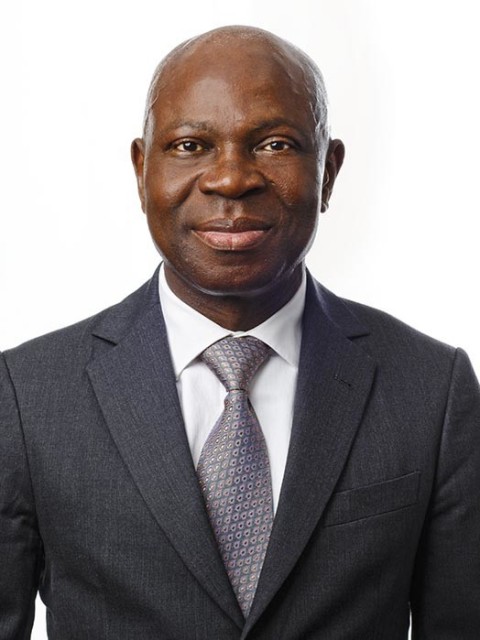ILO Chief Gilbert Houngbo Advocates Social Justice and Decent Work During Visit to Zimbabwe
Director-General Highlights Key Labour Challenges and Opportunities Amid Strengthened Cooperation.

Gilbert F. Houngbo, Director-General of the International Labour Organization (ILO), concluded a strategic visit to Zimbabwe this month following an invitation from the Government of Zimbabwe. The visit underscored the enduring partnership between the ILO and Zimbabwe, with discussions focusing on advancing social justice, fostering decent work, and addressing pressing labour challenges.
President Emmerson Mnangagwa commended the ILO for its “legacy programmes” that have bolstered Zimbabwe’s labour landscape over the years. These initiatives have cemented the longstanding relationship between Zimbabwe and the ILO, serving as a foundation for future collaboration.
During his visit, Houngbo held comprehensive discussions with key stakeholders, including:
Government Officials: Meetings with the Minister of Foreign Affairs and International Trade and the Minister of Public Service, Labour and Social Welfare addressed policy integration and labour system improvements.
Business and Labour Leaders: Engagements with the Employers’ Confederation of Zimbabwe (EMCOZ) and workers' representatives from various unions explored formalization of work, social dialogue, and job market dynamics.
UN Partners: Collaboration with the UN Resident Coordinator and Country Team emphasized synergies in tackling Zimbabwe’s labour challenges.
Key Issues Discussed
Houngbo and Zimbabwean stakeholders explored several critical topics:
Decent Work Creation: Strategies to transition informal jobs to the formal economy.
Migration Policies: Making migration mutually beneficial, including social security portability for Zimbabwe as both a migrant destination and transit country.
Social Dialogue: Expanding participation under the Tripartite Negotiating Forum by integrating academia.
AI and Labour Markets: Preparing for the transformative impact of artificial intelligence on employment.
Just Transitions: Ensuring equitable shifts to green and sustainable economies.
Strategic Timing of the Visit
The visit comes as Zimbabwe assumes key leadership roles in the region and internationally:
Chair of the Southern Africa Development Community (SADC) and its Employment and Labour Sector (ELS).
Deputy President of the International Labour Conference (ILC) and presumptive President of the 113th Session in 2025, often regarded as the "global parliament of labour."
These roles position Zimbabwe as a pivotal player in shaping regional and global labour policies.
Call for Global Social Justice
A highlight of Houngbo’s visit was his public lecture on the Global Coalition for Social Justice, which was attended by over 150 participants, including ministers, academics, and media representatives. He emphasized the need for national and international policies to address growing inequalities, contrasting the extreme poverty in some nations with excessive wealth in others.
“Social justice and equality are not mere aspirations; they are imperatives for sustainable development,” Houngbo declared. His call for action resonated with Zimbabwe’s efforts to prioritize inclusive and equitable growth.
The visit concluded with a meeting at the ILO Country Office for Zimbabwe and Namibia, where Houngbo expressed his gratitude to the staff under the leadership of Director Philile Masuku.
The visit marks a renewed commitment to collaborative efforts between Zimbabwe and the ILO. As Zimbabwe leads regional and international labour discussions, the country’s role in promoting social justice and labour rights is poised to grow, setting an example for inclusive development across the Southern African region and beyond.
- READ MORE ON:
- Gilbert Houngbo










